Rimi Corporate Responsibility Report 2022
This page provides information on Rimi’s work on sustainability. But before going into details, we invite you to get acquainted with the main highlights of the company in 2022.
This page provides information on Rimi’s work on sustainability. But before going into details, we invite you to get acquainted with the main highlights of the company in 2022.


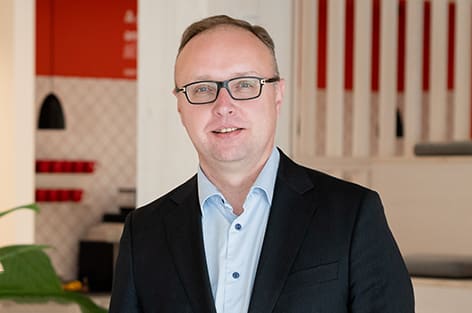
During 2022 the meaning of corporate responsibility was redefined as the unprovoked full-scale invasion of Ukraine that was launched by Russia deeply affected the Baltic societies. Rimi proved commitment to our high standards of business ethics and democratic values by supporting Ukraine and Ukrainians in all possible ways, from banning Russian and Belorussian goods, to sending necessary products to Ukraine as well as employing over 200 Ukrainian refugees in the Baltic states. Rimi stands with Ukraine as long as it will be necessary.
Despite a challenging economic situation with record high inflation Rimi has stayed committed to our primary goal – to ensure good quality products for our customers for affordable prices. Our price decrease and freeze campaign in Latvia and Estonia reaching 600 products at the beginning of 2023 was widely appreciated.
Lastly, we showed strong and clear progress towards our environmental goals by cutting food waste by 13% vs 2021, introducing deep discounts for products with close expiry dates and supporting local communities through donations that we increased by 50%. We engaged our customers in cutting food waste in their households that can bring savings up to 300 euros per year. We also kept our quality assurance KPI`s on a high level and extended our sustainable fish assortment thus fostering biodiversity in the Baltic and other waters.
In 2022 we passed the test of sustainable and socially responsible company in action. Our 3 main victories last year were significant progress in food waste reduction, optimizing our energy consumption at the same time keeping commitment to 100% green energy, as well as working closely together in all three Baltic markets to keep our promise to customers and company values in turbulent times.
Today and in the future, there are many challenges and work to be done especially regarding Scope 3 emissions, engaging with our suppliers and customers to push for the transformation of the economy and society towards more sustainable way of living and consuming. As a company we are committed to our Science-based targets goals and are eager to contribute to making this planet livable for future generations!
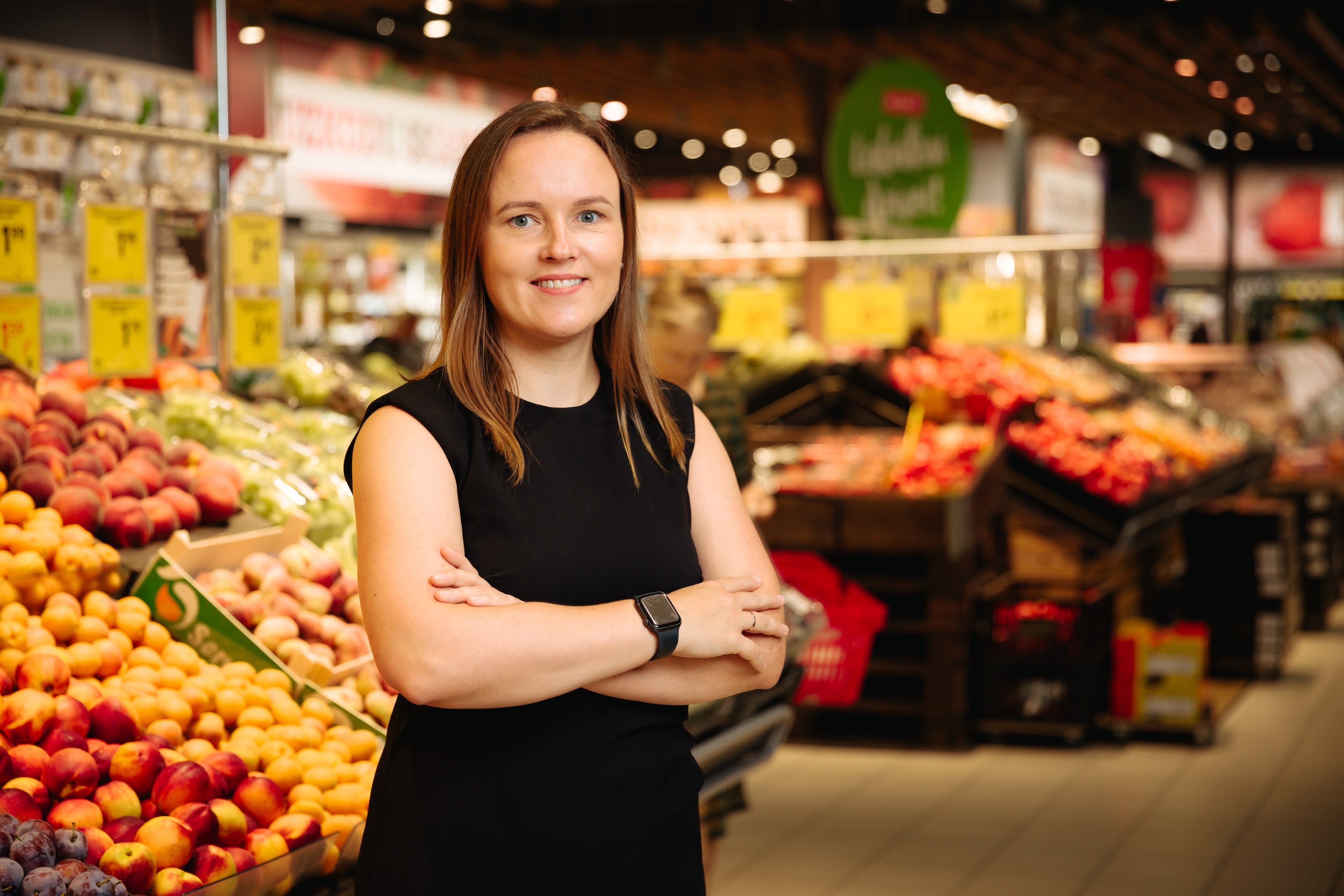
As Rimi Baltic is a part of ICA Group, in Corporate Responsibility (CR) strategy we follow ICA Group approach. Its ambition is to be a leader in corporate responsibility. Sustainability is therefore an integral part of all ICA Group day-to-day operations. Through cooperation within the Group and with other actors in society, ICA Group can play a role in improving sustainable development. ICA Group sustainability work is primarily carried out within five areas: local, environment, health, diversity and quality.


In recent years, sustainability work has been developed in connection with Agenda 2030 and the UN’s global goals for sustainable development. The 17 goals go into each other and Rimi operations have a direct or indirect impact on all goals. However, ICA Group, where Rimi is part of it, has chosen to focus extra on Objective 3, 5, 8, 12, 13 and 14 areas with a large bearing on the Group’s operations.
Sustainable Development Goals by United Nations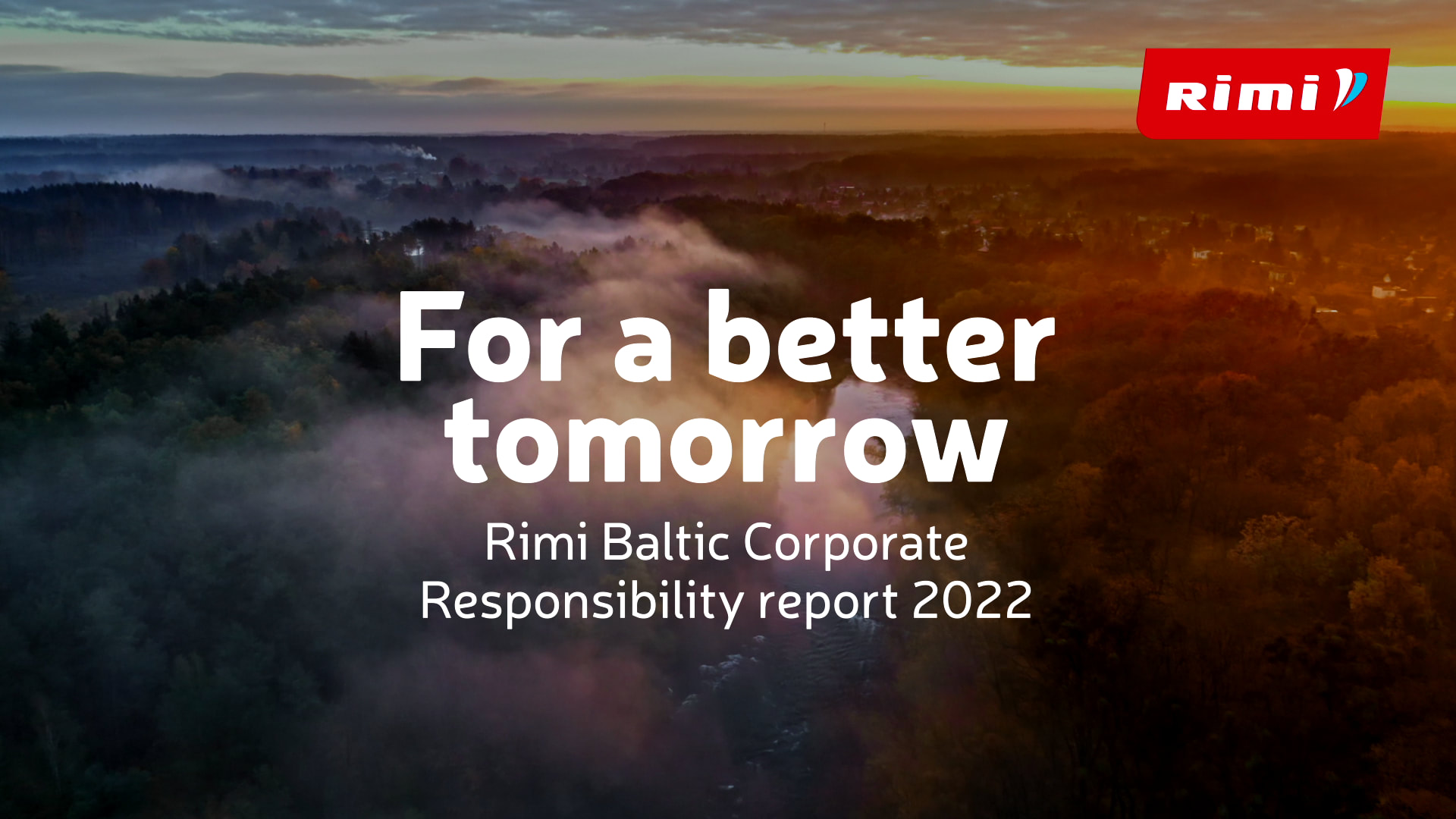


Rimi continues to boost innovations through "Baltic Sustainability Awards" by challenging companies, organizations, start-ups and individuals to propel us towards a more sustainable future. On 30th of November, an awards ceremony took place in Riga to celebrate the best ideas in eight categories: Impact in Renewable Energy, Sustainable Resources, Supply Chain, Sustainable Cities and Mobility and Social Initiatives, the Innovation category for start-ups and companies, and "Changemakers" to recognize individual achievements. The contest received over 240 applications from all three Baltic countries, which were carefully evaluated by an international commission, in accordance with the methodology specially adapted for the awards by strategic partner EY. More information about the winners:
More informationRimi top priority is reducing food waste. Mindful of challenges society faces in the current difficult economic climate, we are actively investing resources in expanding food donations in all three countries to make sure that food reaches the people who need it most. Therefore, Rimi Latvia has stepped up collaboration with local Food Banks, expanding the donation program to ~60 stores and over the year donating 276 tons of food (vs 13 tons in 2021). Rimi Estonia has also started to donate frozen food products, thus significantly increasing the program's reach and resulting in 1986 tons of donated food (vs 1329 tons in 2021). Lithuania has upgraded its existing donations network and increased amounts to 745 tons (vs 666 tons in 2021). In addition, through various campaigns related to the Food Bank, we are attracting support from customers, both in terms of money and food products.

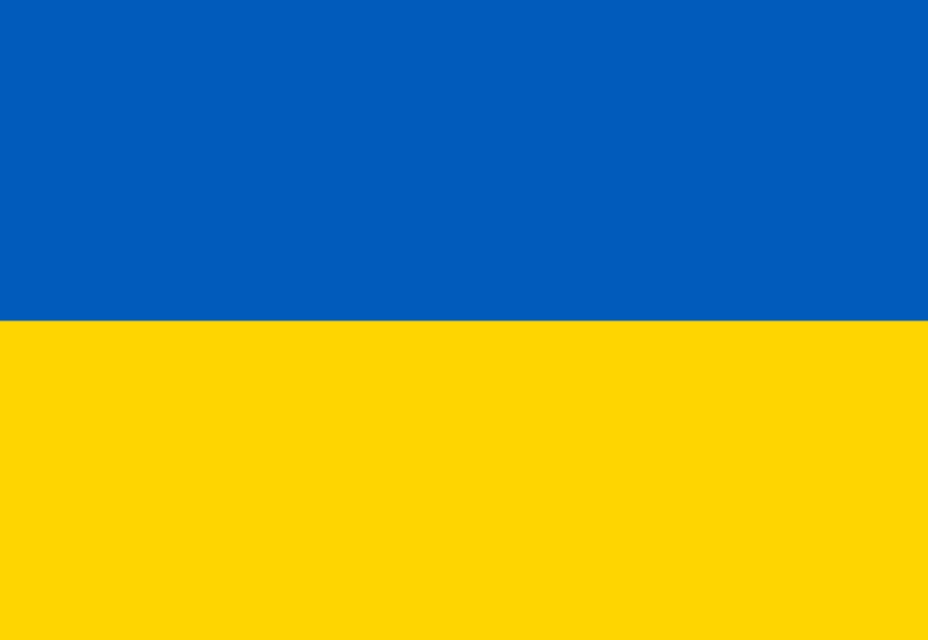
In response to Russia's invasion of Ukraine, Rimi has taken numerous actions: delisting Russian and Belarusian products from stores and donating basic goods, food and providing financial support to Food Banks, local NGOs who work with Ukrainian refugees (e.g. the Red Cross in Estonia, Samaritans and Ziedot.lv in Latvia, Blue & Yellow and Pilietinė Mada in Lithuania).Rimi enabled customers to donate their My Rimi money for Ukraine and provided job opportunities for Ukrainian people through a special mentoring program.



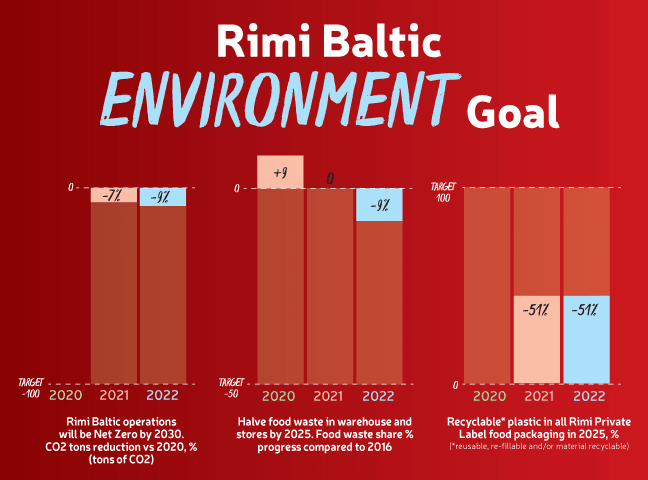

In 2022, we reduced our proportion of food waste by 13%, as decreased to 2.0% (2.3% in 2021) at Rimi Baltic level (based on FLW standard, verified by external audit). We accomplished this impressive result by increasing our food donations to local Food Banks by 50%, which reached 3,007 tons on a Baltic scale. Also crucial was the new AI based markdown solution launched enabling us to automate the process of sale offers on products close to their sell by date and to integrate them in Rimi app, motivating customers to buy them and save not just food, but equally importantly money. Moreover, we also enable our customers to save food at home with “Empty Your Fridge” solution available on all country Rimi websites, which at least 100’000 unique visitors benefited from over the course of the year.
Innovation in logistics helped us to save at least 70 tons of plastic and a significant amount of money per year. Instead of the usual plastic stretch-film for packing roll-containers, we now use reusable plastic walls. In addition, in partnership with the start-up Ringo, Rimi Estonia has embarked on a pilot project, testing a reusable packaging system for ready-made food. Three Rimi stores in Tallinn now offer ready-made food in reusable jars.
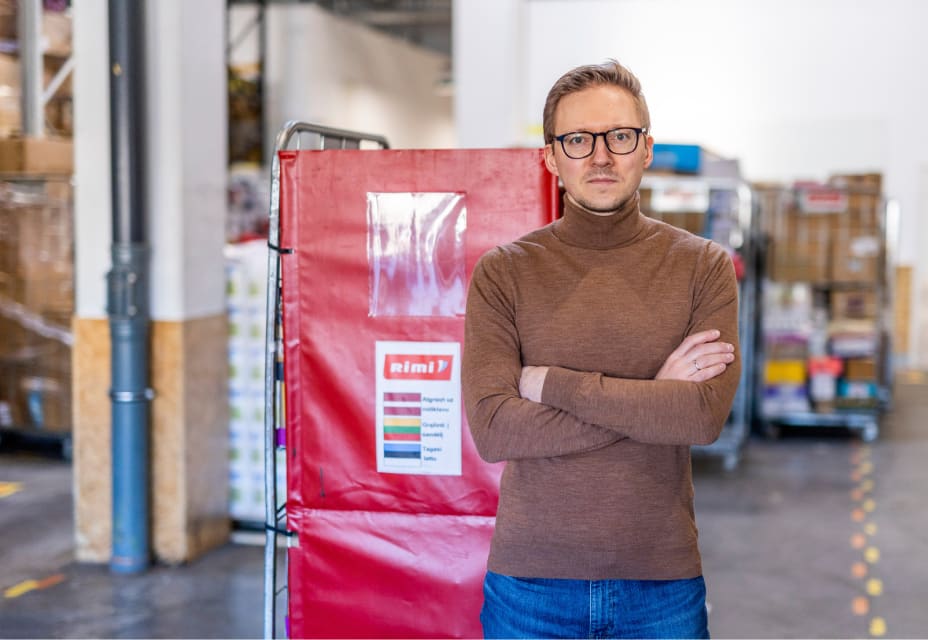

Reflecting our commitment to protect the environment, Rimi continues to cut CO2 emissions - in 2022 they fell by 3% compared to 2021 (Scope 1&2, a total of 27,000 tons of CO2). As for Scope 3 emissions, they account for around 97% of all value chain emissions, and our focus on this area will increase dramatically. Over the course of the year, we conducted 6 visits to our largest local suppliers to evaluate their readiness to join Science-based Targets initiative (SBTi), and carried out preliminary calculations to understand which food categories generate the most CO2 emissions. Rimi adheres to the GHG protocol, and our CO2 emissions data are verified by external audit. More to add, Rimi Baltic is a climate neutral company starting from 2021.
Rimi started to develop energy strategy to tackle issues related to energy risks and ensure the achievement of the Net Zero climate goal by 2030. The strategy is currently at an advanced stage of development, and it is planned that it will be completed in 2023. Ever mindful of market realities, we responded to the sharp increase in energy prices by implemented various solutions that enabled to cut electricity consumption by 9%.


Continually seeking ways to reduce our environmental footprint, Rimi allows customer not to print receipts at self-service checkouts, and from 2022 also gives an opt to replace paper receipts with digital at all types of checkouts. In 2022, our customers avoided 19.8 million paper receipts (6.8 million EE, 10 million LT and 3 million LV) , amounting to approximately 17.4 tons of paper. We have saved even more unnecessary waste through the introduction of new mobile scanning solution which allows to use your smartphone to scan products. This solution is available in 60 stores all over the Baltics, meaning that we don’t need 2000 scanning devices, resulting in a 580kg reduction in electronic waste in the future.
Always striving to show the industry the way forward, Rimi is the first retail chain in the Baltic States whose private label fish and seafood products have received globally recognized MSC and ASC sustainability certificates. By buying MSC and ASC certified products, we support producers and suppliers who care about the restoration and preservation of fish and seafood populations. Our customers can be sure that these products have been raised or caught and processed, in accordance with strict environmental and sustainability principles.
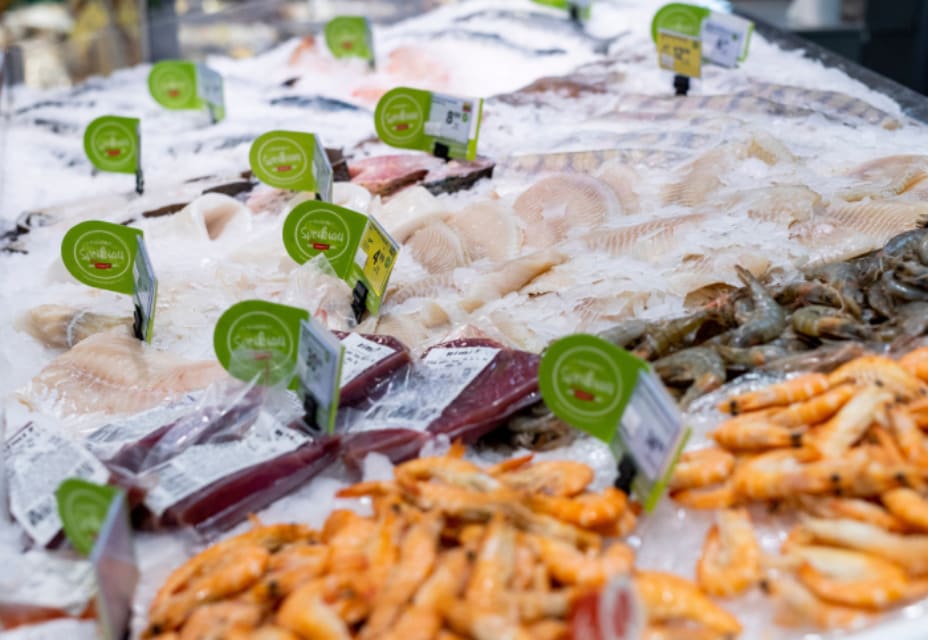



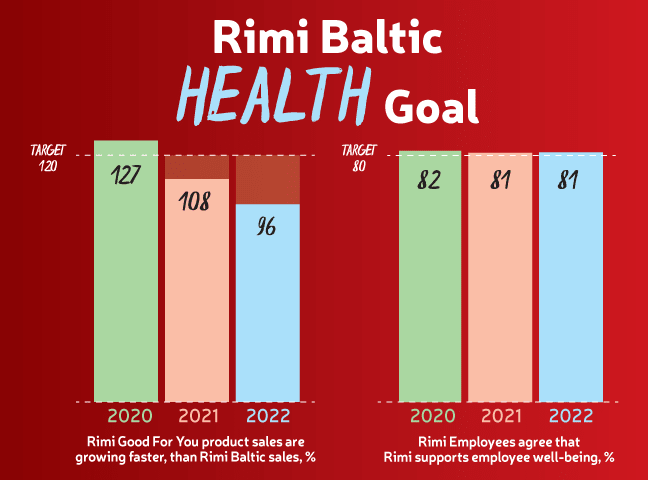

With the health of our customer always foremost in our thoughts, Rimi has chosen two start-ups in Future HUB start up acceleration program that worked on a challenge chosen by Rimi - “How to increase fruit and veggies consumption through gamification?” Our data shows that fruit and vegetable consumption in the Baltic States is way below the World Health Organization recommended 400g minimum per day, and is only about 153g on average. With the help of Swedish “Nudgd” and Spanish “Robin data hood”, we are seeking exciting gamification solutions that could help to improve the well-being of Rimi shoppers.
Rimi is constantly working on a healthier product offering to provide better choices for our customers. In pursuit of this goal, we aim to reduce salt by 15%, and saturated fat and sugar by 10%, in specific Private label products by the end of 2023. So far we are half way towards this target. We have also launched 4 new gluten-free flour mixes and 3 lactose-free products. The “Rimi good for you” label now represents 1593 products (62 products more than in 2021) which all meet strict product quality criteria: more fibres, wholegrains, less sugar, salt, better fats, no GMO and no synthetic food additives.

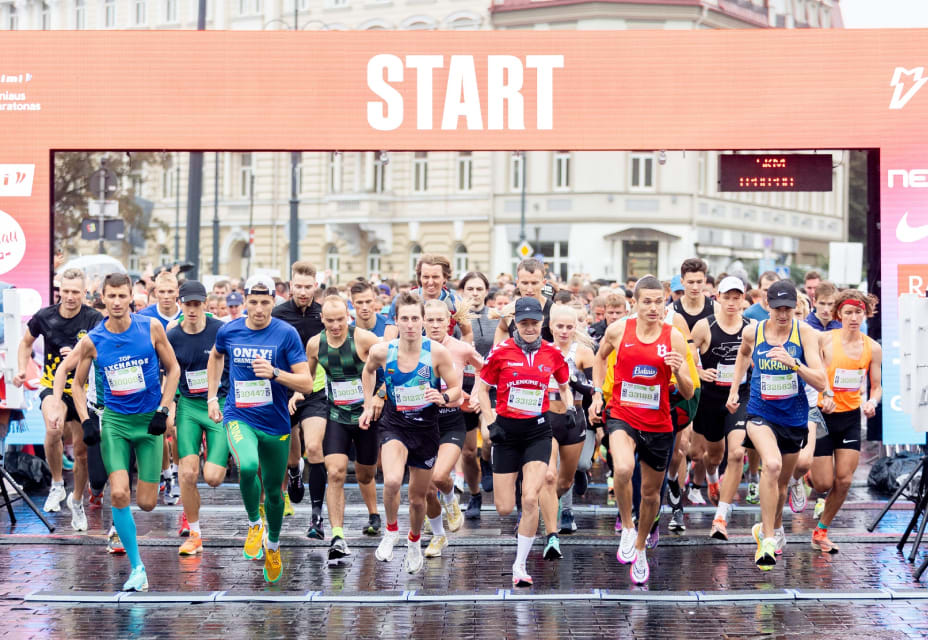
Mindful that the key to good health is healthy nutrition accompanied by active lifestyle, Rimi now supports the main running events in all three Baltic countries. We are now the main supporter of the Estonian City Run, which brings Rimi City Run to 8 Estonian cities. In addition, Rimi Estonia also supports the Rimi Girls Run in May. In Latvia, the highlight event of the summer season that boosts our reputation as the lifestyle market leader is the Rimi Riga Marathon. This spring, it attracted 17,000 runners, which is a record number for any outside event during the post-pandemic time. In July, the Rimi Vilnius Marathon took place with the participation of 9,218 runners on 4 different tracks. Parallel to sponsoring running events, Rimi also plays an active role in supporting young athletes. A case in point is the Rimi kids' football summer camps organized by the Estonian Football Association, where hundreds of children spend week at a regional football camp, as well as a day at the national football stadium in Tallinn: the Ale Coq Arena. With the legacy of this initiative in mind, 6 Rimi scholarships were awarded to camp participants, who will now be able to take part in football training sessions next season.
We are delighted to report that the Rimi employee survey showed overall good results for employee well-being activities, as 81% of people agreed that they manage to successfully balance work and personal life, while 80% marked that their workload is manageable. Improvement areas have been defined such us promoting enough fruit and vegetables consumption, being physically active and ensuring good quality of sleep. Continuing our work on the Rimi Health Strategy 2025, we have started developing a mental well-being program for the company's employees. Preparations are currently underway to provide the best support for Rimi teams in all the Baltic countries






The Diversity Month campaign organized by Rimi Lithuania successfully raised awareness on important topics and showcased Rimi's efforts in this area both internally and externally. One week was dedicated to Age, Nationality and Disability topics during which special activities were held. Internal activities were supplemented with a content project on the biggest news portal DELFI sharing our employee's stories, relating their personal experiences and our organization's initiatives to promote diversity in the society. Later, the “Valuing Diversity” project continued to share the inspiring stories of Rimi Lithuania's employees, accompanied by messages of diversity and highlighting aspects of tolerance within our organizational culture. In Latvia, our aspiration of an inclusive workplace environment was recognized during the awards ceremony "Diversity is a Strength" organized by the Society Integration Foundation, where Rimi Latvia received the main award in the category “Our Employees”.
In the senior management team, the gender distribution was 60% male and 40% female. We aim to attract more people over the age of 50 to work in the company - in 2022, they were 45% of all new employees hired. The company also actively employs people with special needs, but due to GDPR requirements, we cannot disclose the statistics.
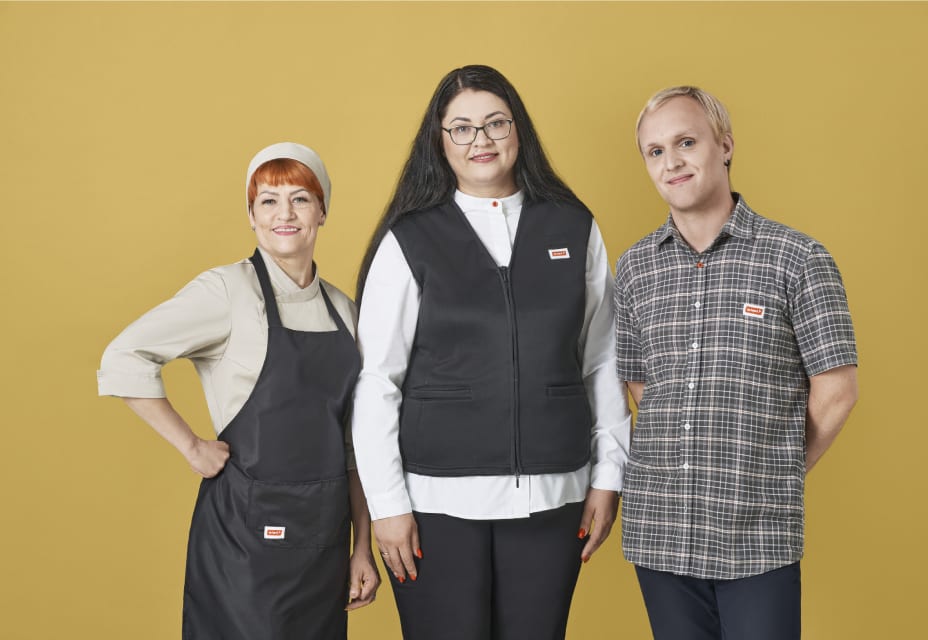




Always striving to raise our quality standards, Rimi requires its corporate brand suppliers to be third-party certified to a specific global quality standard (ex: GlobalGAP, BRC, FSSC) and 97% (target 90%) of suppliers have met this requirement in 2022. Rimi extended the existing certifications – BRC in Supply Chain in all 3 countries, as well as ISO 9001 and ISO 14001 in Assortment & Buying.
Rimi does not accept discrimination, any lack of the right to freedom of association and collective bargaining, child labour, forced labour, young workers being exposed to risky tasks or any other failure to comply with human rights. Accordingly, Rimi requires its corporate brand suppliers in high-risk countries to meet ICA Social Audit requirements and 96% (target is 100%) of suppliers have met this requirement in 2022.
The wide testing program is implemented to ensure that all private label products (including in-store production) continue to meet Rimi's requirements for product quality and safety. To ensure that we meet our goals in this regard, in 2022, approximately 12,500 product tests were conducted. This includes 28 Food fraud tests that were carried out based on risk analysis. In 90% of all cases, the results were compliant, the rest of the cases require a deeper investigation and are still under review.
In order to ensure high quality, safety and hygiene standards in stores, regular audits are performed by our Quality and Internal Audit functions. These audits focus on ensuring correct store processes, which also include correct product storage conditions, product shelf-life monitoring, or waste management. In 2022, 91% of stores were inspected by an Internal Audit team and 98% of Rimi stores were inspected by the Quality team.